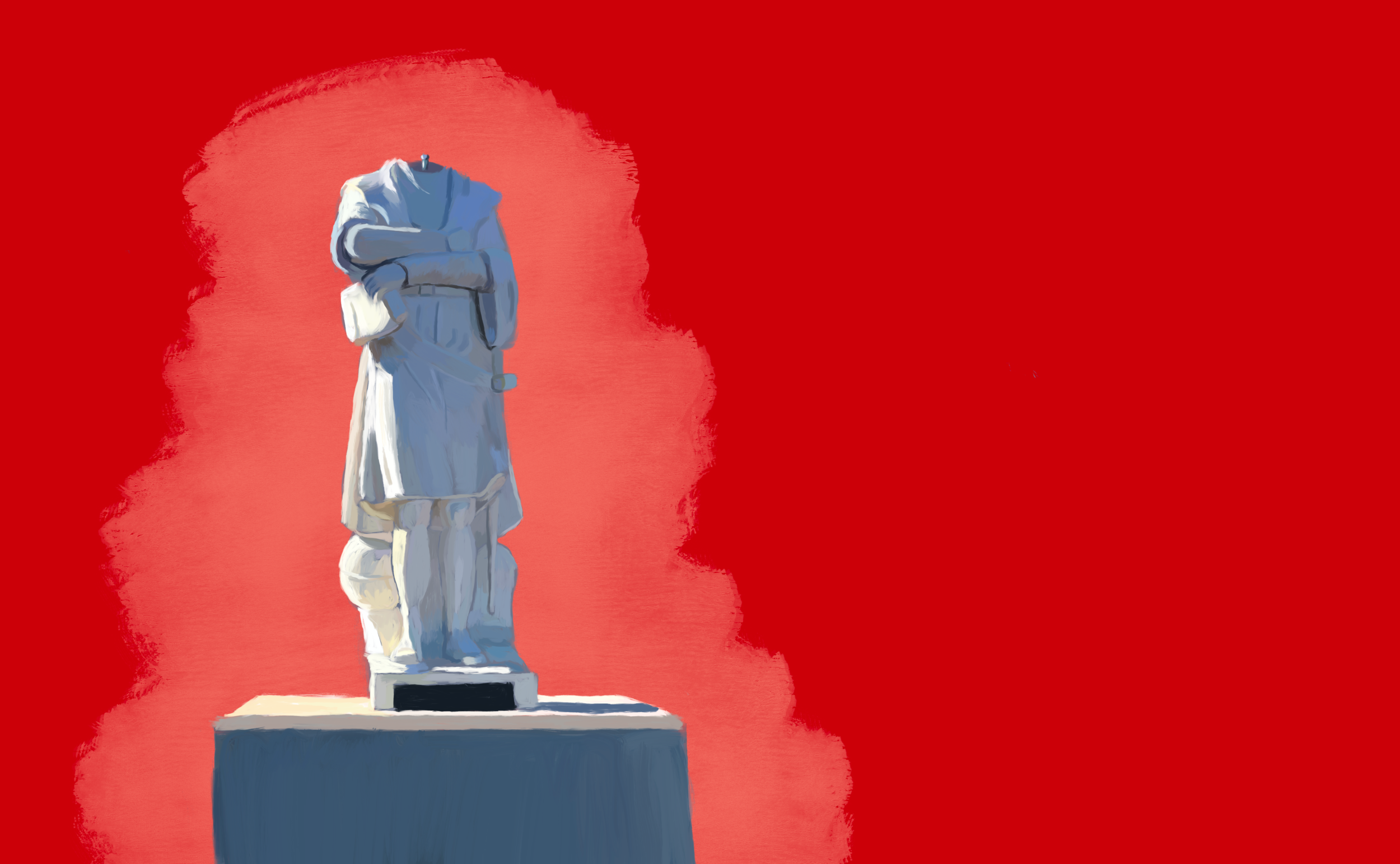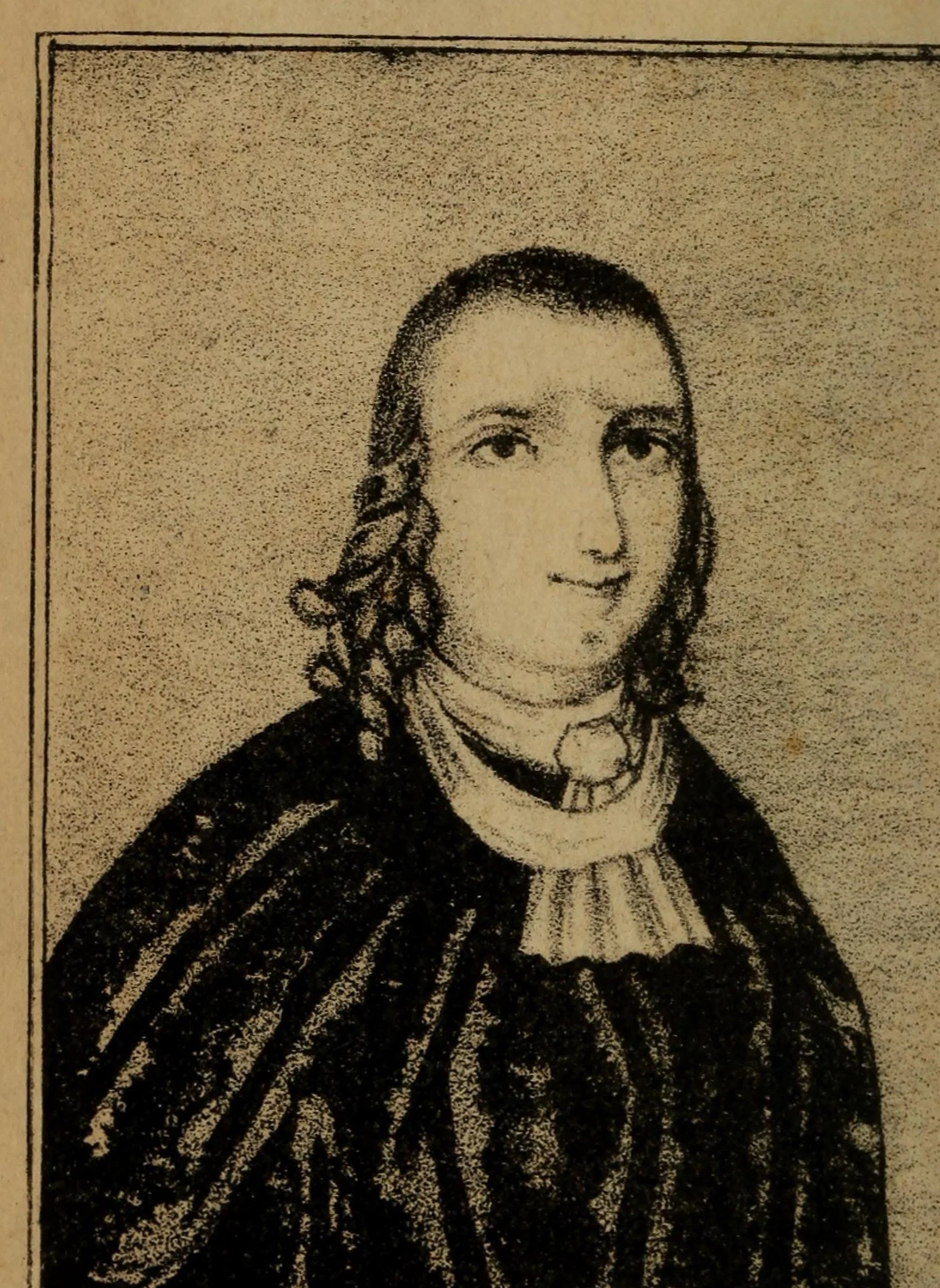
INSURRECT!
Radical Thinking in Early American Studies
Featured Articles
“Experience is our best teacher, and we must check time: remember what we have lost, who we have been, and commit to supporting, in whatever ways we can, the communities and networks of undocumented workers and migrants that the government refuses to protect and instead actively targets.”
“In providing a compelling microhistorical lens into the intersections of enslavement, marriage, Christianity, and women’s subjectivity, the Mary-Hylas case exemplifies the layered experiences of Black women in the Americas in the eighteenth century.”
“A political administration dedicated to pretending there is no room for complexity or self-discovery in people’s experiences of gender must erase the stories providing evidence to the contrary.”

Join our Insurrect History! community by making a monthly commitment or a one-time donation.

What’s New
“Experience is our best teacher, and we must check time: remember what we have lost, who we have been, and commit to supporting, in whatever ways we can, the communities and networks of undocumented workers and migrants that the government refuses to protect and instead actively targets.”
“In providing a compelling microhistorical lens into the intersections of enslavement, marriage, Christianity, and women’s subjectivity, the Mary-Hylas case exemplifies the layered experiences of Black women in the Americas in the eighteenth century.”
“A political administration dedicated to pretending there is no room for complexity or self-discovery in people’s experiences of gender must erase the stories providing evidence to the contrary.”
“While Northern slavery does not get as much coverage in historical remembrance, it was still significant. Census records note that nearly 14% of New York's population were slaveholders in 1790, amounting to 20,000 enslaved people across the state.”
Inside the white-walled, vitrine-filled museum, it is easy to assume that the objects within it neutrally represent history’s many turns. Conservation shapes how those objects are preserved, displayed, and interpreted. From putting back together shards of a pot after excavation to using a solution to remove acid from paper, the field’s practices are aimed at allowing access to historical materials. I worked in conservation for several years, and was initially drawn to the field because of the ethics of keeping extant objects of history accessible to researchers. However, until I was asked to repair a few cracks in a life-size painted plaster bust at the Peabody Museum of Archaeology and Ethnology at Harvard University, I did not realize how fraught the decision to preserve can be. Although the discipline of conservation has an ethos of care, many of the objects that make up the museum instead conspicuously mark its anti-humanist foundations. Conservation can mask the museum’s colonial and imperial origins.





